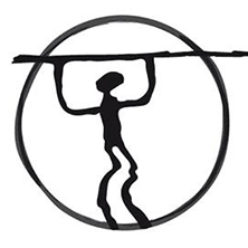What does it mean to live sustainably? To be “ecological”?
To live in a way that you have no impact on nature?
Not produce any CO2?
That is more or less impossible.
All animals have an impact on nature.
We exhale CO2 and we step on the ground and we shit and pee e t c.
But since humans started using coal and oil our impact have become huge.
Before the industrial era one can say humans lived ecological, most things we produced would disintegrate/decompose in a reasonable time, (even if iron lasts a long time).
Oil helped us produce more food and that created more people.
Today we are lots of people consuming lots of things.
Some things we consume have a greater impact on nature than other things.
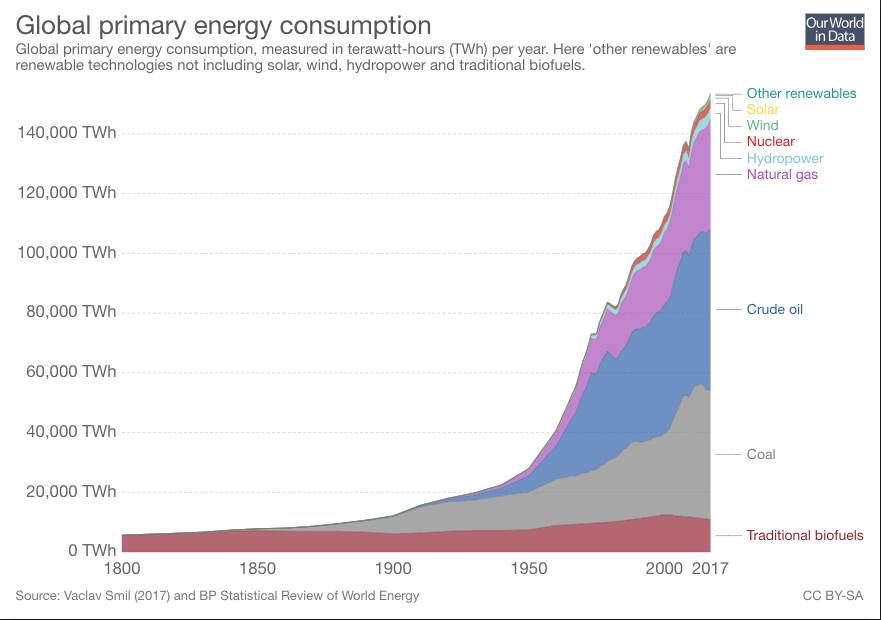
Oil for instance.
5% of our oil is being used to produce plastic things.
95% we burn mostly for transporting things and people, and that has an effect on climate.
Everything you consume that has been transported has a negative effect on climate (and nature).
The main consumers of oil are: your flying, your food, your car rides, your clothes…
It is basically a question about energy.
For example; your use of internet demands energy. 10% of all created electricity is used to power internet. Lots of the electricity is created by oil (or by machines that was created by oil). Even renewable energy is dependent on oil. One needs oil to build wind turbines and solar cells. There is no energy source as effective as oil.
What can you do to have less impact on nature?
Don´t fly, do not buy new things, be careful with the amount of clothes you buy, do not throw food. Don´t buy things that has been transported a long way.
Also be aware of that the use of energy has an impact on nature, every activity you do that uses energy does most likely in the end have an impact on nature. If you drive an electric car, that has a huge impact in nature… all the roads of oil (tarmac) all the tyres, the whole car built by mainly oil-energy, the “dirty” batteries from mines, all the oil transports of components to the electric car. And what will happen with all billion of cars after 20-30 years? Not all material can be recycled and it takes energy to recycle things – lots of energy.
How does the people of Hästekasen live?
Shopping:
- We shop a lot at second hand.
- We shop less things from far away.
- We buy flour and meat from local farms (sometimes also eggs and milk).
- Less or no pre-fab food.
- We buy big quantitates, and less often.
- We use shared transport of delivery.
We recycle (drive to the “station”):
Biological, plastic, tetra pac, metal, batteries, electronics.
Glass and paper we can recycle locally.
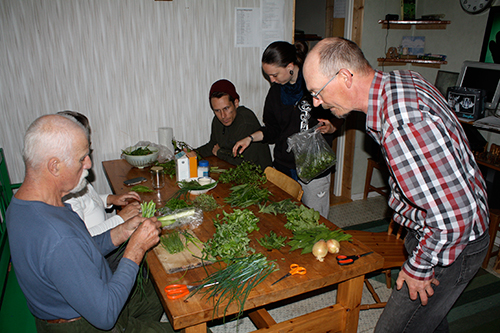
We use dry toilet!
We recycle the feces/urine = spread it out after composting into soil. That how it happens naturally in nature. It creates a local lopp of energy/nutrition that eliminates transport.
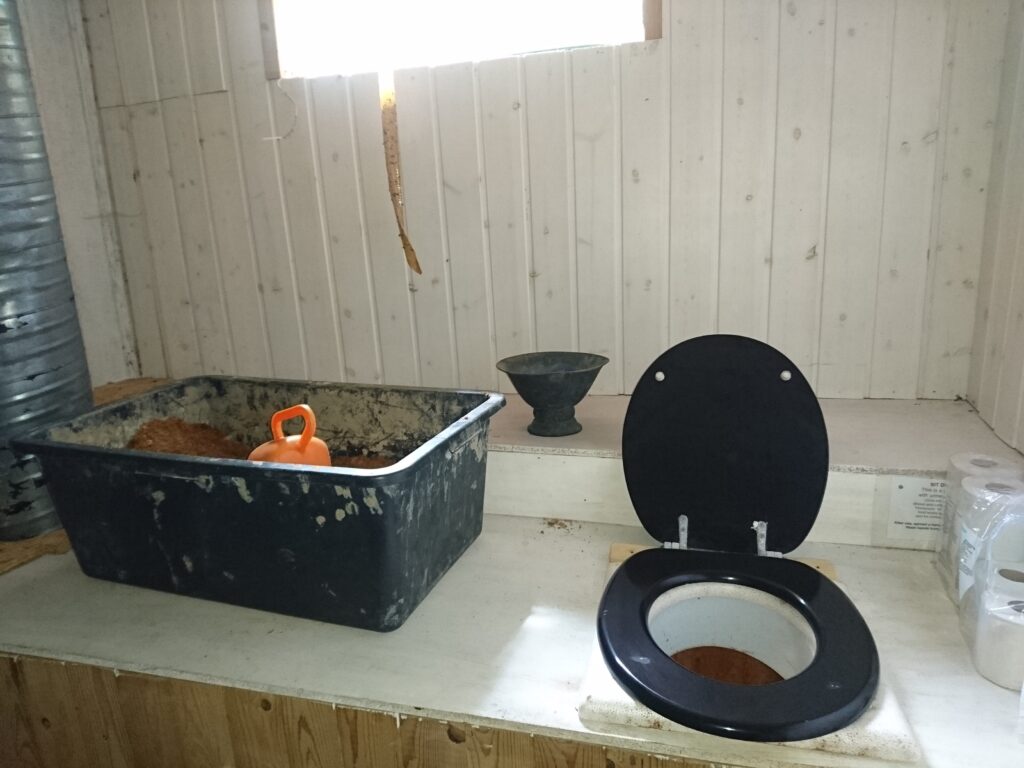
We share resources between many people!
Toilet, kitchen, electricity, main room, wifi e t c
This is probably one of the main sustainable traits. Sharing: using less.
-> We shower less and shorter. We sometimes do laundry by hand.
-> We often build with natural resources. No transport what so ever.
-> We produce about 500-700 kilos of food annually.
-> We eat less meat, sometimes local meat.
-> We work on location. No travel to work.
-> We use a regenerative method to heat our house: wood
-> We pay extra to get electricity from solar/hydro/wind.
-> We have some solar cells.
But you will still find: plastic bags, sometimes bananas and “oil” machines here at Hästekasen. But on average we are more ambitious than the average westerner.
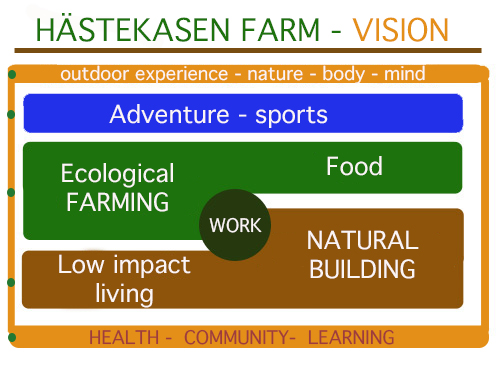
One could also argue that the fact that this is a non-smoking place leads to less negative impact on nature. Nicotine leads to sickness that needs resources from the medical system which uses energy and resources. And ALL modern human actions always have a negative impact on the natural world.
PS. No we are not a role model permaculture homestead – even if inspired by some principles.
Are we self sustainable? Not really. Read more.
